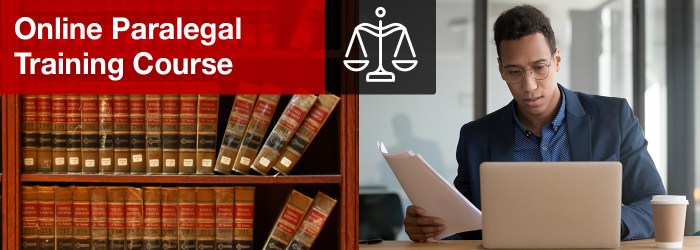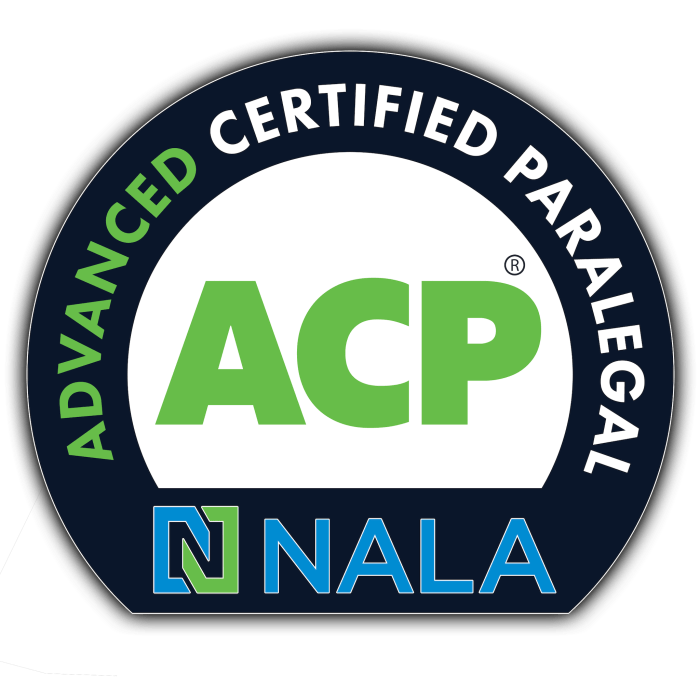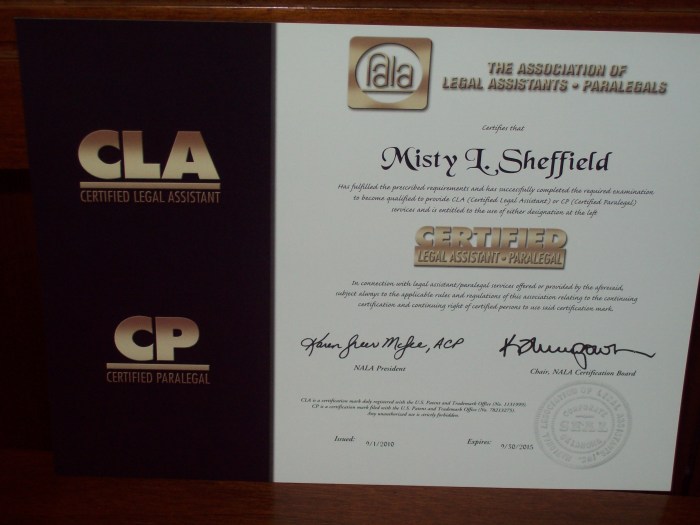As Certified Paralegal Exam Fundamentals – Second Edition takes center stage, this opening passage beckons readers into a world crafted with academic authority and depth of knowledge, ensuring a reading experience that is both absorbing and distinctly original.
Delve into the intricacies of the exam, exploring its structure, core competencies, and essential preparation strategies. Discover the significance of legal research, analysis, and writing, and gain insights into the specific skills and knowledge required to excel.
Introduction

The Certified Paralegal Exam Fundamentals – Second Edition (CPEF) is a comprehensive examination that assesses the knowledge and skills of individuals seeking certification as paralegals. This exam serves as a benchmark for paralegals, validating their proficiency in the core competencies required for success in the field.
The CPEF covers a wide range of legal topics, including legal research, legal analysis, legal writing, ethics, and more. The exam format includes multiple-choice questions, essay questions, and a performance test.
Core Competencies: Certified Paralegal Exam Fundamentals – Second Edition

The CPEF tests five core competencies that are essential for paralegals:
- Legal Research
- Legal Analysis
- Legal Writing
- Ethics
- Technology
Each competency is further broken down into specific skills and knowledge that are tested on the exam.
Legal Research
The legal research competency assesses the paralegal’s ability to conduct legal research using a variety of sources, including primary and secondary sources. Paralegals must be able to identify and analyze legal issues, locate relevant legal authorities, and summarize the findings of their research.
Legal Analysis
The legal analysis competency assesses the paralegal’s ability to analyze legal issues and apply legal principles to real-world situations. Paralegals must be able to identify the legal issues in a case, analyze the relevant facts, and apply the appropriate legal principles to reach a conclusion.
Legal Writing, Certified paralegal exam fundamentals – second edition
The legal writing competency assesses the paralegal’s ability to write clear, concise, and persuasive legal documents. Paralegals must be able to draft a variety of legal documents, including pleadings, motions, and contracts.
Ethics
The ethics competency assesses the paralegal’s understanding of the ethical rules that govern the paralegal profession. Paralegals must be able to identify and resolve ethical dilemmas, and they must be able to maintain confidentiality and avoid conflicts of interest.
Technology
The technology competency assesses the paralegal’s ability to use technology to support their work. Paralegals must be able to use a variety of legal software programs, and they must be able to manage electronic files and communicate with clients and attorneys electronically.
Query Resolution
What is the purpose of the Certified Paralegal Exam Fundamentals- Second Edition?
The Certified Paralegal Exam Fundamentals – Second Edition provides a comprehensive review of the core competencies tested on the Certified Paralegal Exam, ensuring that candidates are well-prepared for success.
What are the core competencies covered in the exam?
The exam covers a range of core competencies, including legal research, legal analysis, legal writing, ethics, and professionalism.
What study materials are recommended for exam preparation?
Various study materials are available, including textbooks, online courses, practice exams, and study guides, to assist candidates in their preparation.
What exam preparation strategies are effective?
Effective exam preparation strategies include creating a study schedule, reviewing materials regularly, taking practice exams, and utilizing time management and stress reduction techniques.
What ethical considerations should be observed during the exam?
Candidates are expected to maintain academic integrity and confidentiality throughout the exam process, adhering to the ethical standards of the legal profession.
